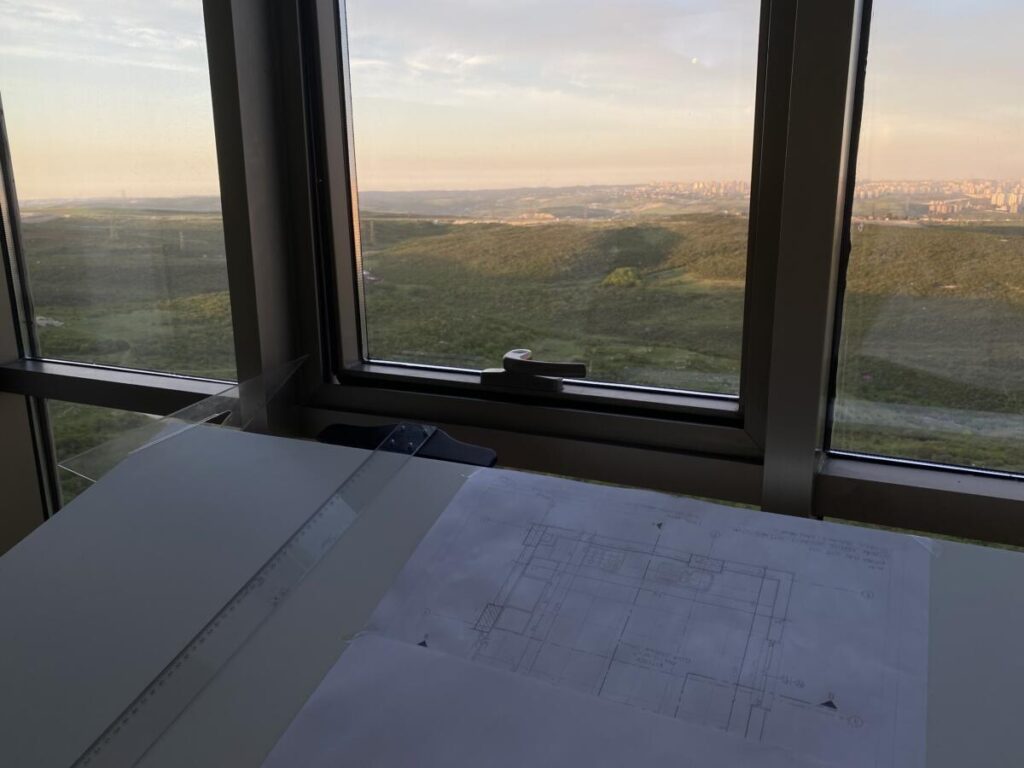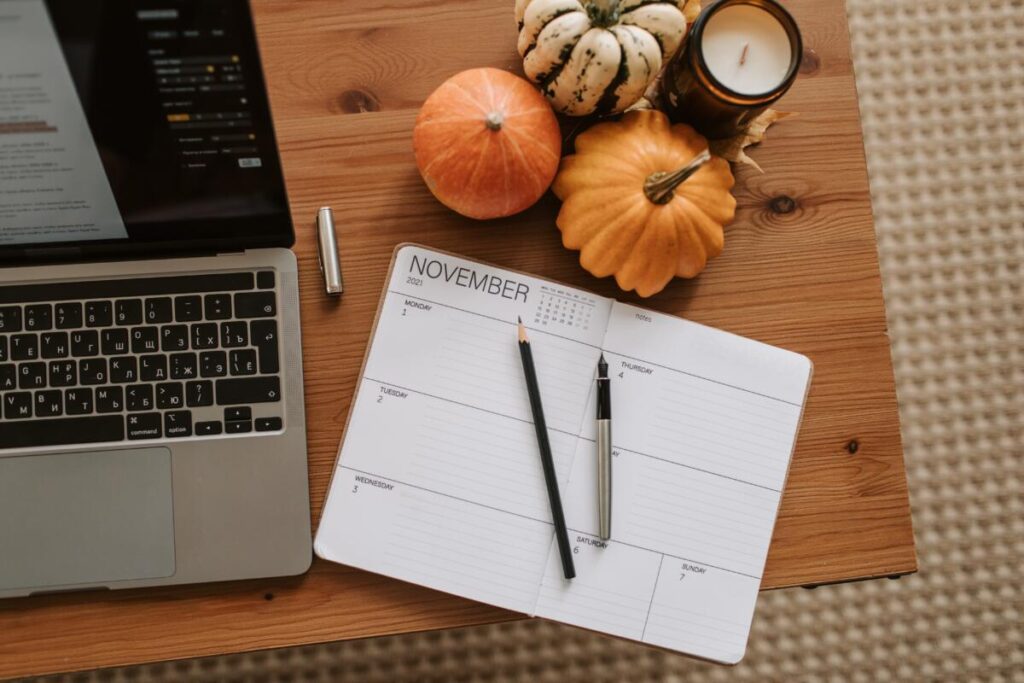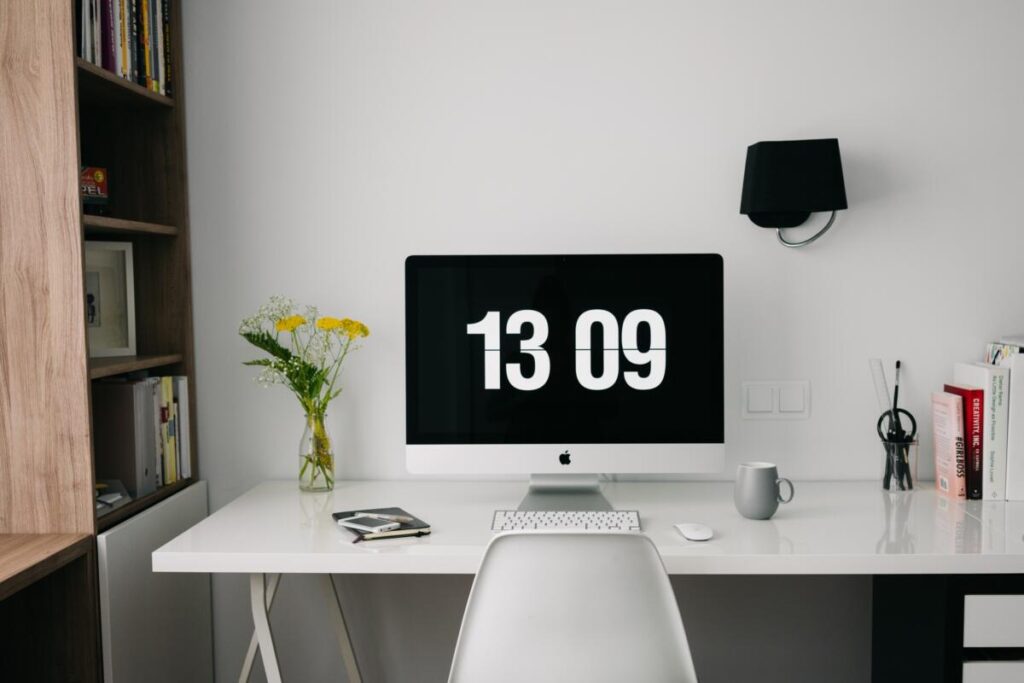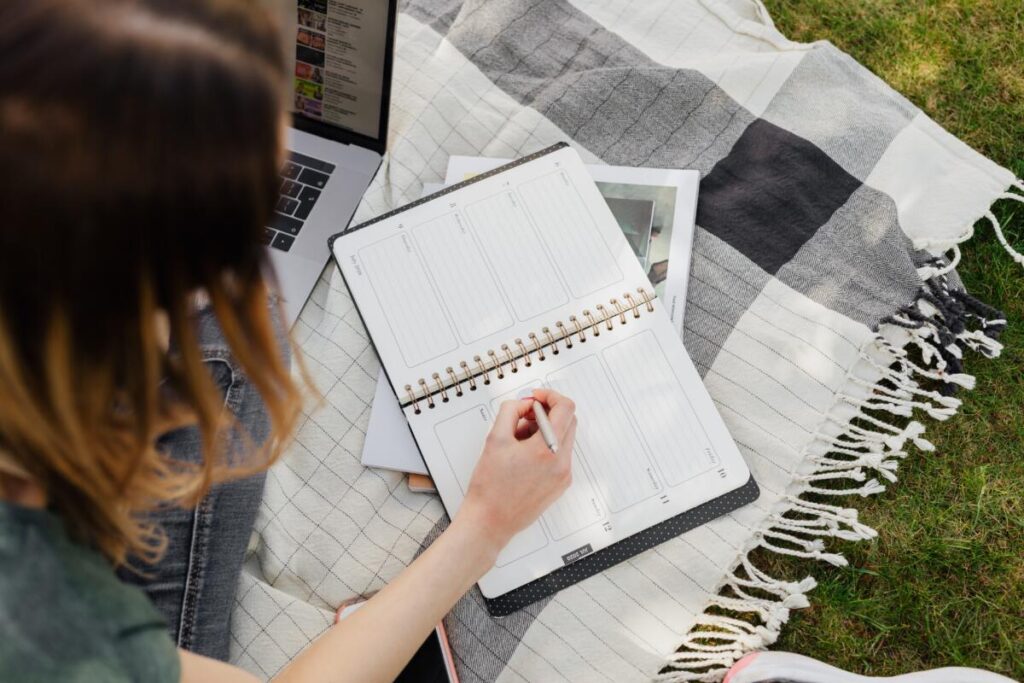8 Highly Effective Study Tips For College Students

8 Highly Effective Study Tips for college Students
As a fellow college student who just recently survived freshman year, I’d like to share with you the best tips that have helped me to study effectively to get straight A’s without wanting to throw my brains out in the process:
1. Clear desk

The first step you should do before you start your study session is clearing your desk and tidying your study space. This way your brain will only focus on the subject you’re studying and won’t get distracted by the mess you would otherwise have. This tip is especially helpful if you can’t concentrate when a pile of laundry is haunting you to do them 😉
2. Make a schedule

Schedule your day beforehand. Some people like to do it in the morning while others the night before. Either way it’s very important to do because that way you know that you’re on track and not falling behind, or that you’re not rushing through things and you still have time. I personally like writing my to-do list and scheduling my day the night before so that I wake up already knowing how the day will go by. It buys me time in the morning to relax and saves me from the morning stress of feeling like I have a lot to do but not sure where to start. Other people however have writing a to-do list as part of their morning ritual and they enjoy it a lot more. It like sets up their day. No way is the right way. You should experiment and find what make you feel the most comfortable.
3. Study actively, take notes and explain the subject

Study actively not passively is a phrase that’s been going around a lot lately and for good reason! The difference between studying actively and passively is that passive studying is just reading and memorizing aimlessly, while active studying requires you to do a little more effort but for greater results.
Active studying basically ensures that you understand the subject rather than just memorizing it for an exam. When you study actively, you take notes, make flash cards, explain the subject to a friend (or to the air whatever suits you), and revise frequently. It has many variations. This method of studying keeps you involved in the process of learning the information, and while it may take you extra time, you’ll understand the material better and remember the information for a long time. Reading silently and just memorizing the day before an exam may help you remember the information for the next day, but you’ll only remember it temporarily before you forget it. That’s why active studying and the extra effort is totally worth it.
4. Take breaks
Taking breaks in between study sessions is very important if you don’t want to burn out. Taking breaks allows your brain to rest so that it’s able to retain more information after. You’ll notice when you study nonstop, at some point you’ll start reading and reading and reading, but you won’t understand anything. None of the information is getting into your head. It’s liked your brain is blocking any entrance for any information to get in. That’s why you should take short breaks in between so that you rest, and you give your brain the chance to process the information it’s retaining.
5. Pomodoro technique

Breaks can also motivate you to study. When your brain expects a break in 25 minutes or 50 minutes or an hour, you’ll notice that you’re not getting distracted. Your brain gives its all in those 50 minutes before it relaxes for the 10 min break you give it. It’s like giving your brain a routine to follow. That’s why I love the Pomodoro technique so much. It’s basically studying for 25 min then taking a break for 5 minutes and you repeat this process 4 times before you give yourself a longer break. So in total you get 4 study session and 2 hours of studying including the breaks.
Some people prefer longer study sessions, so other alternatives is studying for 50 minutes and taking a 10 min break, or studying for an hour and a half and taking a 20 min break. It has many varieties and you definitely will find something that works for you. Try this technique and let me know if it worked for you!
6. Time yourself

Timing yourself whenever you study will help you not get distracted and know exactly how much time you study for a certain subject. When you set 2 or 3 hours to write a paper, that will allow your brain to focus completely on finishing that task on time because you have other things that you have to do after it. This goes under making a schedule too. You set a specific time for each task to finish it in so that one task doesn’t drag too long. This helps with distractions a lot because if you’re anything like me and you daydream a lot while studying, this will shift your brain to focus on the task at hand because if it doesn’t finish in X amount of time all the other tasks will be postponed, and you’ll end up pulling all nighters before you know it. Timing yourself will help you focus and get things done.
7. Get enough sleep
Sleep, sleep, sleep! You guys have no idea how important sleep is. It’s like the most important part of your day. That’s the time when your body basically takes all the information you retained throughout the day and stores it in the part of the brain where it should be. This happens during deep sleep which is also called REM. There’s an amazing YouTube video that explains this so well that I will be linking here so you guys can watch it too if you’re interested. But the drill is, with not enough sleep, all the information you retain you’ll only remember temporarily before you forget it later on, and you don’t want that.
Not getting enough sleep also leaves you tired and fatigued throughout the day and not feeling motivated to study at all. Long term, it could lead to health problems. Personally, I went through a year in high school where I would sleep really late studying and wake up very early to go to school, and ALL that year I was always so dizzy. I never knew why. I went to multiple doctors to check the issue, but they found nothing. I did multiple tests all leading to nothing. It wasn’t until summer break came, and I took enough rest that the dizziness stopped. And that’s when I realized that to me sleep was something I really shouldn’t take for granted. So moral of the story sleep well to study well 😉
8. Stay consistent
You have probably heard of this like a hundred times already but it’s true. Consistency is key. When you stay consistent with what you do, it becomes a habit rather than something you’re forcing yourself to do. When you’re disciplined and work even when you don’t feel like it, you don’t need to be motivated anymore to get your shit together and do the work. You’ll just get up and do it. And at first it will be so hard. So, so, so hard. But it will get easier and it will be worth it. Not going to lie to you this concept is still something I myself am working on. I can’t say that I’m there yet to be honest. It’s hard, but I’m trying to hold myself accountable. I actually used to be very good at this, but then I fell into a rut and ever since then it hasn’t been easy getting back on track. But I’m working on it and so can you!
Have fun learning. Imagine that whatever it is that you’re studying is the most interesting thing ever. Romanticize studying and enjoy the process. You’re learning for yourself not for your professor, not for the grade, but for yourself. Trust yourself and only keep moving forward. You can do it, I believe in you. And never forget to always take it easy and don’t stress. Everything will work out just the way it’s supposed to.




Leave a Reply